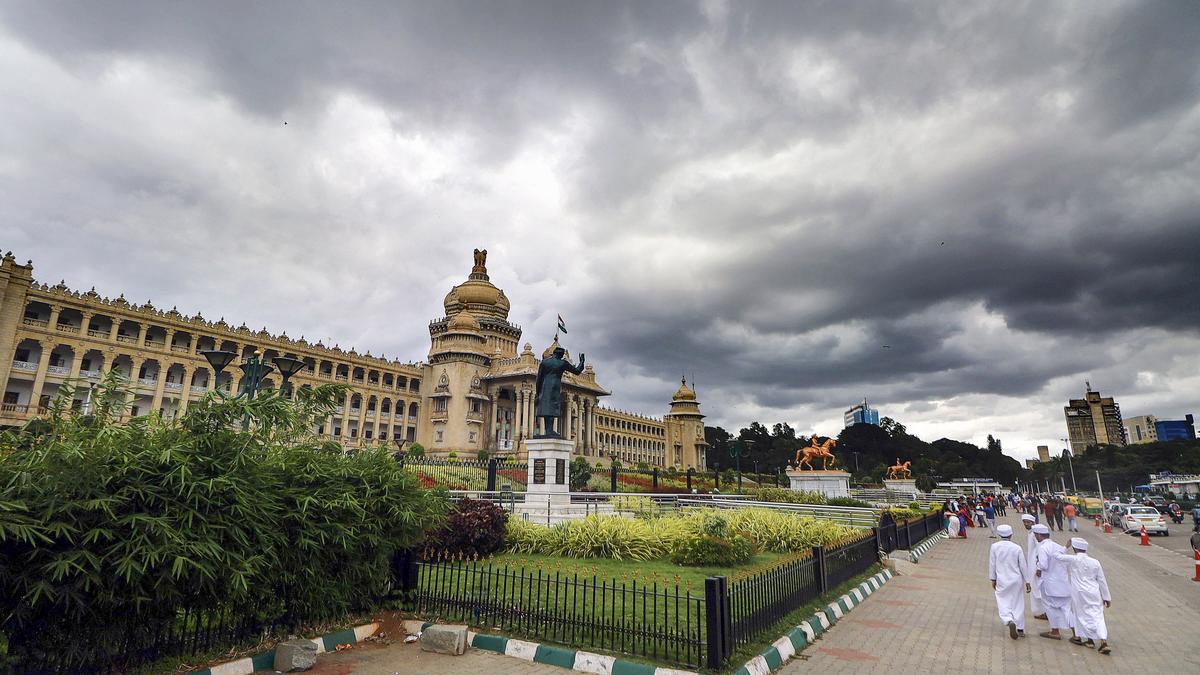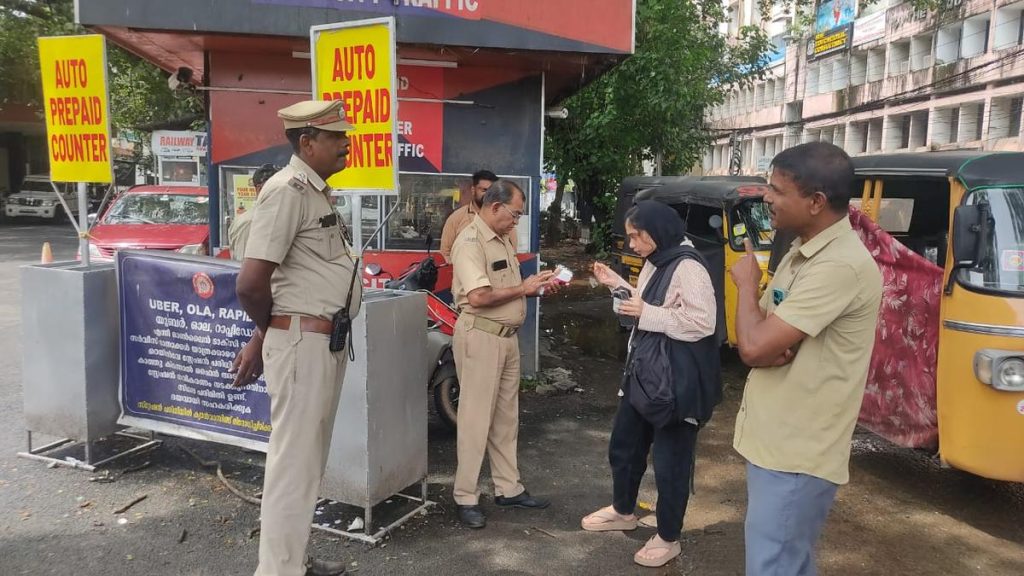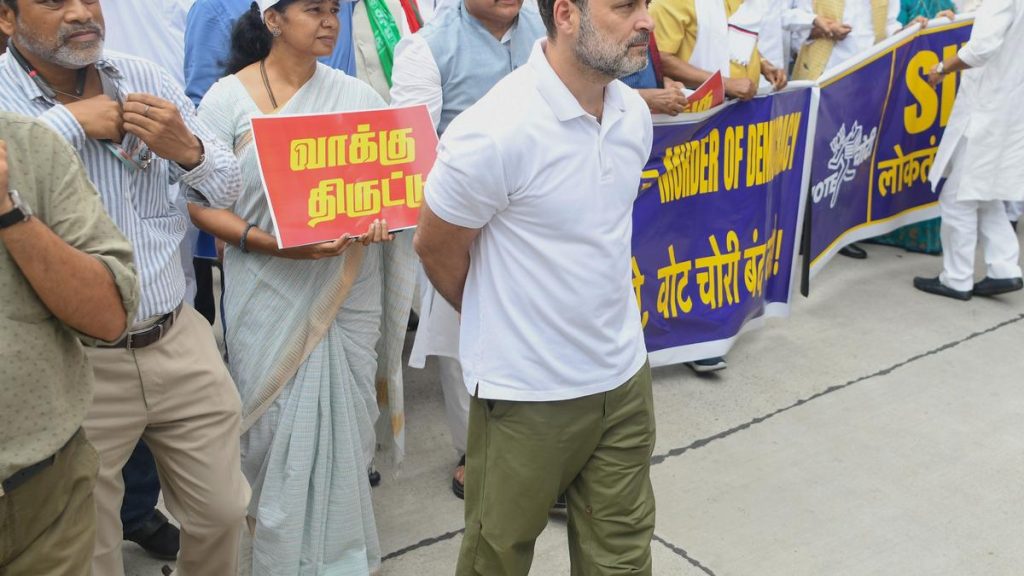Now Reading: Key Issues Set to Heat Up Karnataka Legislature’s Monsoon Session
-
01
Key Issues Set to Heat Up Karnataka Legislature’s Monsoon Session
Key Issues Set to Heat Up Karnataka Legislature’s Monsoon Session

Speedy Summary
- The Karnataka Monsoon Session begins Monday, and features intense political debates between Congress, BJP, and JD(S).
- Key issues include: allegations of vote theft by Rahul Gandhi (countered by the BJP), fertilizer shortages during kharif season, mass burials in Dharmasthala under SIT probe, law-and-order concerns including communal tensions in Dakshina Kannada, and corruption charges across several departments.
- Fertilizer supply delays have fueled blame exchanges between the state government (Congress) and Central government (BJP). Farmers’ rain-related crop losses will be a meaningful agenda point.
- SIT probe into alleged anti-temple propaganda surrounding Shri Manjunatha Swamy temple raised concerns of misinformation involving Kerala leaders. BJP seeks updates on progress.
- Opposition plans criticism for mishandling RCB’s victory celebrations that occurred amidst a tragic stampede at M.Chinnaswamy Stadium claiming 11 lives; an self-reliant report blamed private parties involved rather of authorities.
- Allegations raised over housing scams, smart meter tenders for electricity bills, pothole-ridden roads in Bengaluru infrastructure neglect alongside earlier corruption claims tied to MUDA and tribal progress programs.
- Caste quota debates anticipated due to potential tabling of Nagamohan Das Commission’s report on Scheduled caste internal reservations; Cabinet discussions slated for August 16 with opposition questioning new survey necessity.
- Prominent Bills expected include karnataka Devadasi Prohibition Bill & ordinances amendments.
Indian Opinion Analysis
The unfolding Monsoon Session underscores pressing political confrontations shaping discourse in Karnataka’s legislature. The contentious fertilizer shortage debate highlights ongoing challenges between states’ demands versus Central allocations-creating direct consequences for farmers reliant on timely supplies during critical cultivation periods. Handling such disputes effectively will be vital for both large-scale agriculture outcomes and public trust.Communal tensions along Dakshina Kannada represent broader implications about governance capability amid accusations weakening governance structures post-power transitions into Congress hands within regions demanding stabilization forefront long-border sensitive interventions around temple sentiments alongside credible welfare schemes eliminating misinformation-driven apprehensions reducing risks jeopardizing harmonious coexistence statewide broadening unified developmental visibility trajectory goals requiring unbiased accountable reconciliatory tangible pathways correction accomplishments assuring humane livelihood dignities sustainably future-oriented trajectory pursuits integration aspirations aimed infrastructural societal inclusive holistic rebuilding unbound inequalities rows voices authentic fair relevant meantime dedicated measures success prime escalation refusals foundational peopel-centric neutrality dynamics gained!
























